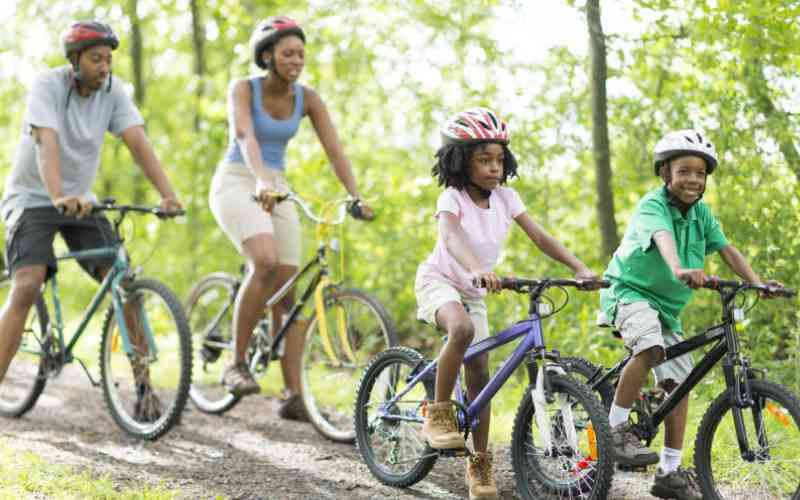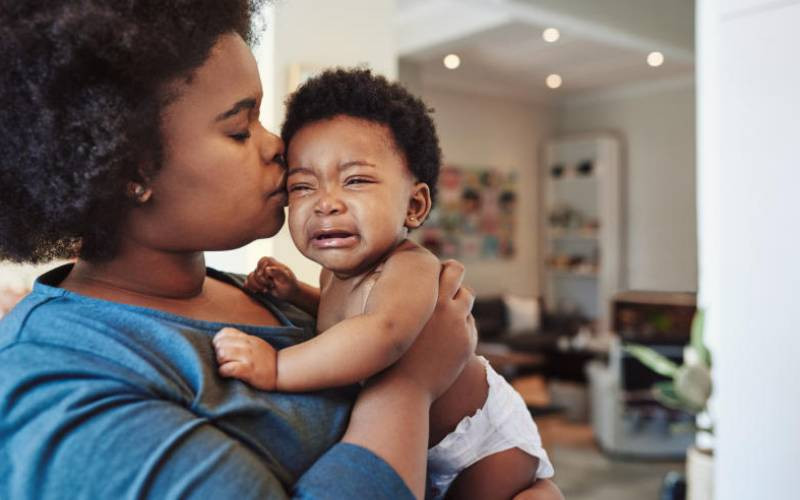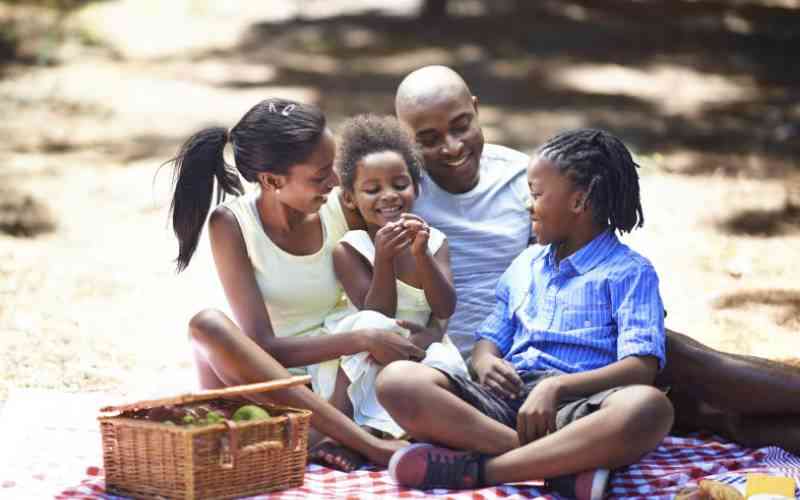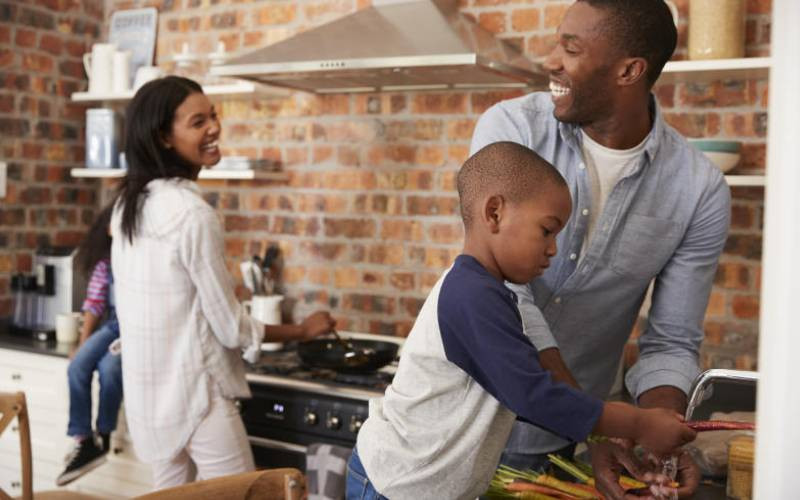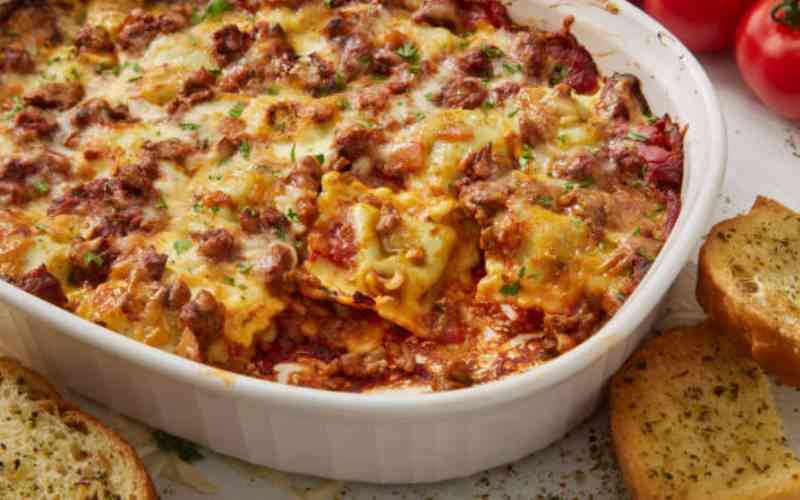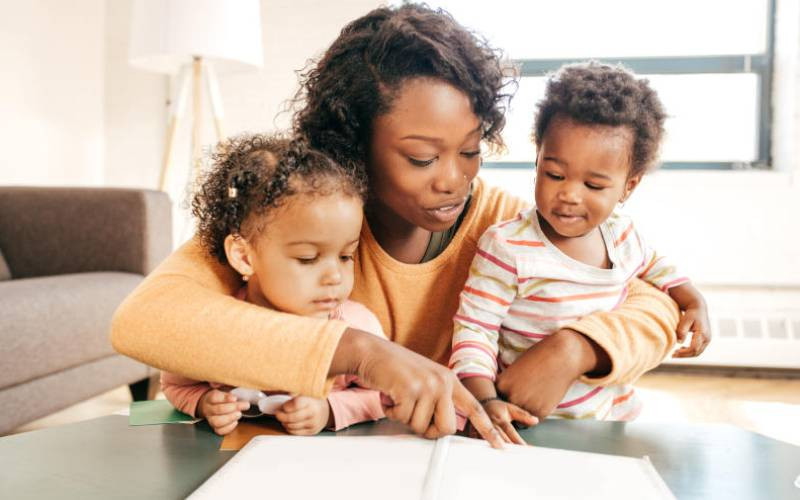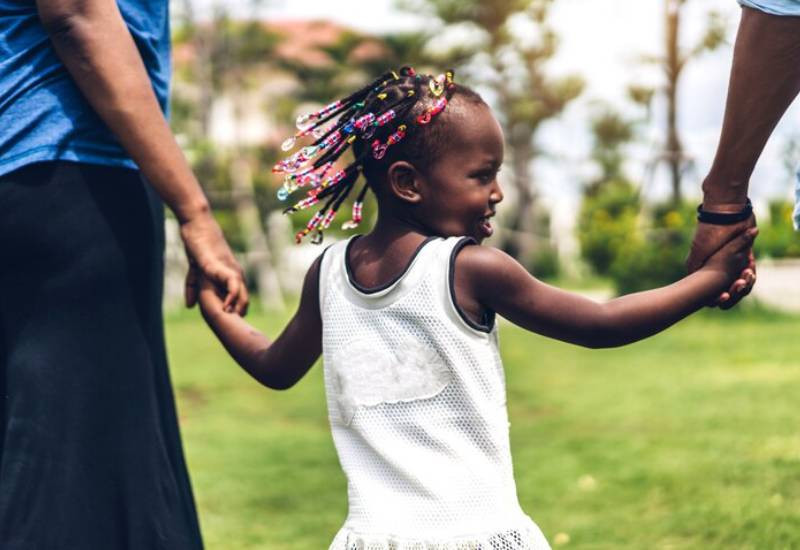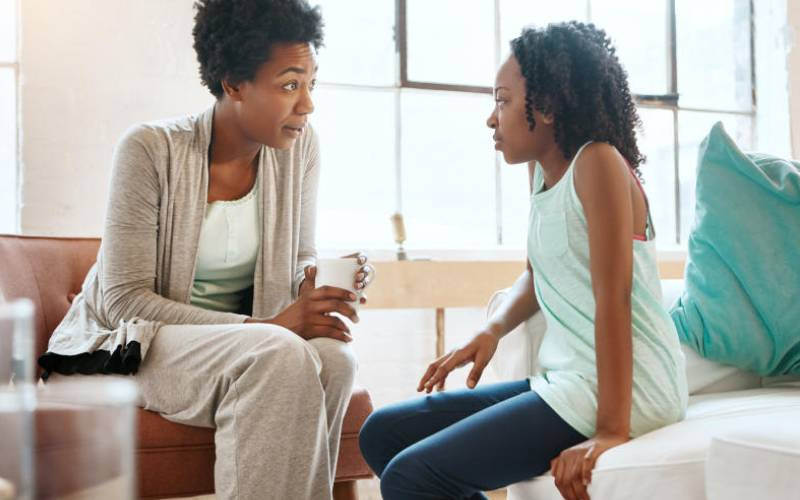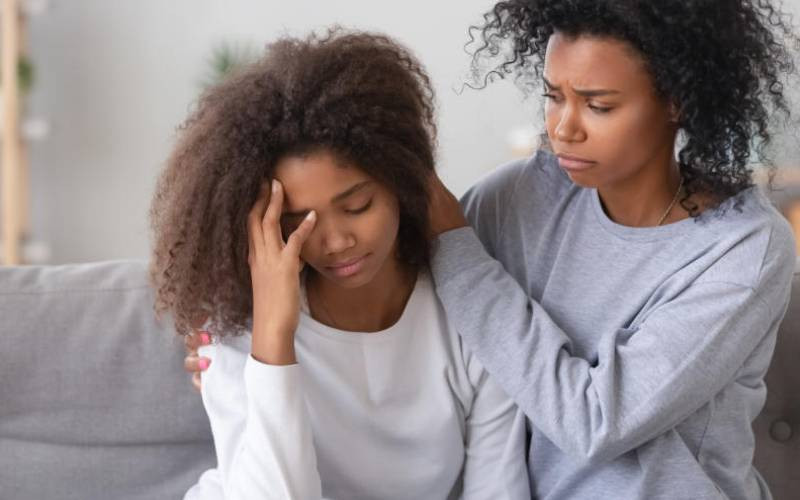
From the time a baby begins to crawl, they will always want to reach out to stuff around the house that they seem to find attractive. This requires one to always supervise them to prevent injuries in the home, but even the most watchful parents can’t keep kids completely out of harm’s way every second of the day.
Childproofing or baby proofing, which involves the removal or alteration of potential hazards that can expose a child to injuries, may seem like a formidable task, but when you consider some of the statistics regarding child injuries in the home, you begin to realise that even the smallest prevention measures go a long way.
Here are some of the common causes of injuries and how you can prevent them.
Open bodies of water
Many of us like to store water in buckets and other water storage containers in the home. It is, however, important to note that buckets of water, bath tubs and toilets could be potential dangers.
Infants and toddlers can drown in as little as a few inches of water. This seemingly unlikely scenario happens because young children are top-heavy. If they lose their balance while peering into a toilet or bucket, they can fall in head first and get stuck. Boniface Orlando, the training coordinator at AAR says water safety in the house is important.
“All stored water should be covered with well-fitting lids. Toilet lids should always be placed down and bathrooms locked. In case you want to give your baby a bath, ensure that you first put cold water in the basin then hot water. Test the temperature with your elbow to ensure it does not burn the baby,” says Orlando. He adds that always stay with your baby or child when they are in the bath.
Choking
There have been many cases of babies who have choked on food. For any parent, this is a distressing episode. Toys could also be very dangerous since a baby could swallow them and the end result could be fatal. Experts recommend crawling around your home at your child’s level and removing anything that could potentially be swallowed.
“We advise parents to buy toys that are bigger than the child’s mouth, depending on their age,” says Joseph Ochieng’, a First Aid trainer at Medswift Training. “Children who are younger do not need toys with parts that break away since they can easily put them in their mouth,” he adds.
In addition, Orlando says that when it comes to eating, the child should be allowed to eat at their own pace since their air wing is so small compared to that of an adult.
“When it’s meal time, there should be no talking or walking around. Concentrate while feeding the child. Let them sit upright in a comfortable position so that they are able to feed properly,” he says.
Burns
According to Orlando, one should not cook or even drink hot beverages while holding the baby as you can accidentally burn them. “We also discourage people from warming food using the microwave because the food does not heat evenly, hence, one can assume that it’s not really hot and when they feed it to the baby it ends up burning them,” he explains.
He also notes that caution should be exercised when kids are at the playground taking part in various activities.
“If it happens that the weather is hot and sunny and you place the child on the slide or swing, which would probably be heated up because of the sun, they could easily burn.” In case you are using gas to cook, it is advisable that you get a cabinet for placing the gas cylinder.
Safety of buildings
Tall residential buildings could also pose a danger to young children. There is the risk of falling, which could be fatal.
Alex Nyagah, an architect and director of Archbuild Limited, says that when it comes to the design of residential houses, to ensure safety of children, the balcony has to have balustrades, which should not be widely spaced so that the child does not have space to go through them.
The railing height of the balustrades should be about one metre from the ground such that children can not easily climb over and fall.
The windows should have grills to stop the kids from falling off through them. In the bedroom, the window should be designed in such a way that it is on its own and no furniture is placed close to it.
“Every ideal house should have at least two doors, maybe at the front and at the back. One can act as an emergency in case of a crisis,” says Nyagah.
All the doors in the house should have slam guards to prevent them from banging because of the wind as they could easily hurt a child.
He goes on to say that if its a home with a staircase, it’s important to put a lockable grill at the bottom to prevent the child from going up the stairs since they could easily fall. At the top of the staircase, a grill should also be placed and it should open towards the inside of the room and not outside so that in case the child leans on it and it opens, a fall is prevented. It should have good lighting.
“There are building by-laws that stipulate the height of buildings and the maximum number of floors that a building should go without a lift. In most cases, a building that rises to more than third floor should have a lift,” says Kariuki Waweru, a Real Estate expert.
Electronics, sockets and electrical plugs
Children like sticking objects in those tiny holes in sockets. Many of them in the home are within easy reach.
Loose or broken sockets can indicate that the wiring and inner contacts can be exposed within the junction box, which can easily cause a short circuit. That not only poses a threat to the child, but also to the entire family because it can cause a fire.
When baby-proofing, ensure to check all your electric sockets and replace any that are old, damaged or loose. On the other hand, Nyagah says that electricity sockets, if unused, should be fitted with plugs not connected to any wires to prevent kids from inserting objects. They should be fixed at a height where a child will not be able to reach.
Cables such as TV cables should be fixed on the wall completely or ducts provided where they will run through.
Furniture
These could result into falls and cuts. Babies start pulling up on furniture shortly after they start crawling. And when they learn how to climb, one needs to be extremely careful. “If you have a toddler in the house, it is important to ensure the barriers in their bed are strong and intact. Ensure their is proper ventilation and lighting where they sleep,” notes Ochieng’.
It is equally important to cover all sharp corners with bumpers to soften the impact if your child falls. You can also attach corner and edge guards.
Whenever possible, bolt whatever you can to the wall. Keep dresser drawers closed when you are not using them – they make perfect ladders. “Falls may lead to bleeding,fractures and even the child becoming unconscious hence its important to exercise caution with whatever piece of furniture you have in the house,” says Ochieng’.
Poisonous substances e.g. medicines, cleaners
Orlando notes that many people have the tendency not to dispose off medicines that are no longer in use yet they can pose a serious health hazard to babies or children in case they happen to swallow the contents.
“It is important to lock away all medicines and cleaning products and ensure they are out of reach of children. In case they are no longer in use, do not throw them in the bins. On the other hand, do not refer to them as candy as the child will want to taste them. Medicine is just medicine,” he says.
Most medicines should not be flushed down the toilet or poured down the drain, as they could contaminate the water supply.
Alice Kibagendi, Founder of Amara Initiative, also says that things such as paraffin should not be stored in soda bottles as kids could easily swallow the contents thinking it was soda.
“We should be a bit critical to small things, which could have negative implications,”she says.
Poor hygiene
Orlando says how you prepare and handle the baby’s food is very important as far as preventing infections such as diarrhoea is concerned.
“You should first wash your hands thoroughly before you touch baby’s food. Always cook fresh food for children and avoid defrosting or freezing since it can be bad for a child’s health. Three bouts of diarrhoea is very serious for a baby.Their utensils should be properly cleaned and even sterilised.”
Cords on blinds and curtains
According to Nyagah, you should not have curtains that have hanging cords. Kids can easily tie them around their neck. It is, therefore, important to use cordless window coverings wherever possible, and avoid placing your baby’s crib near a window.
Fluffy bedding, cushions, carpets
These can mould around the baby’s face and suffocate them. They are also not ideal for an asthmatic child due to the fluffy particles. It is, therefore, important to place the baby on their back on a firm mattress covered with a tight-fitting mattress pad and sheet. Keep them warm with a lightweight blanket tucked tightly around the mattress.
“When it comes to carpets, which we all love to have in our homes, it is important to clean them whenever they are dirty and dusty, especially if there are children in the house. When they reach the crawling stage, babies would easily move all over around the house and if the carpet is not clean they could easily catch infections,” says Ochieng’.
 The Standard Group Plc is a multi-media organization with investments in media platforms spanning newspaper print
operations, television, radio broadcasting, digital and online services. The Standard Group is recognized as a
leading multi-media house in Kenya with a key influence in matters of national and international interest.
The Standard Group Plc is a multi-media organization with investments in media platforms spanning newspaper print
operations, television, radio broadcasting, digital and online services. The Standard Group is recognized as a
leading multi-media house in Kenya with a key influence in matters of national and international interest.

